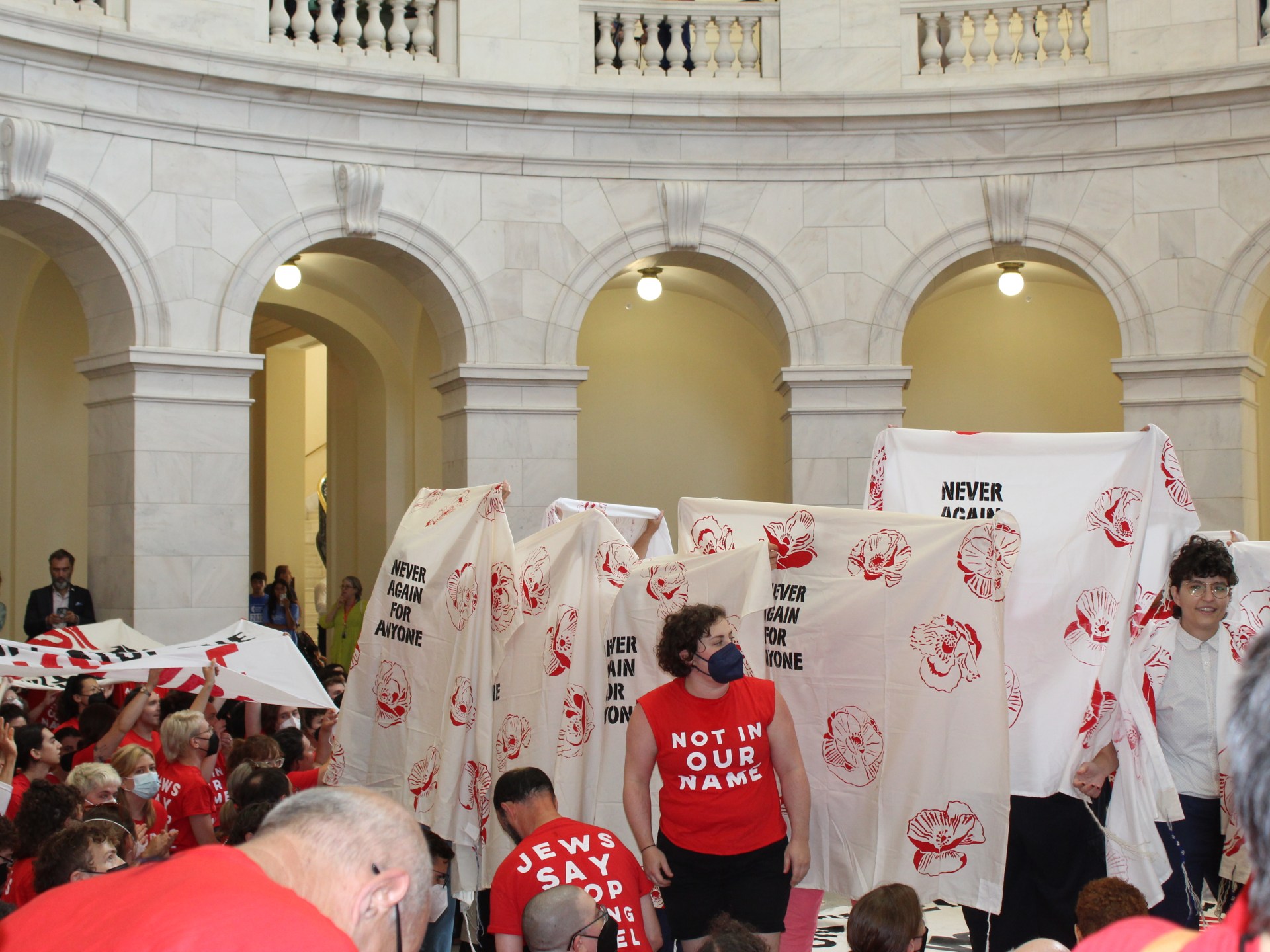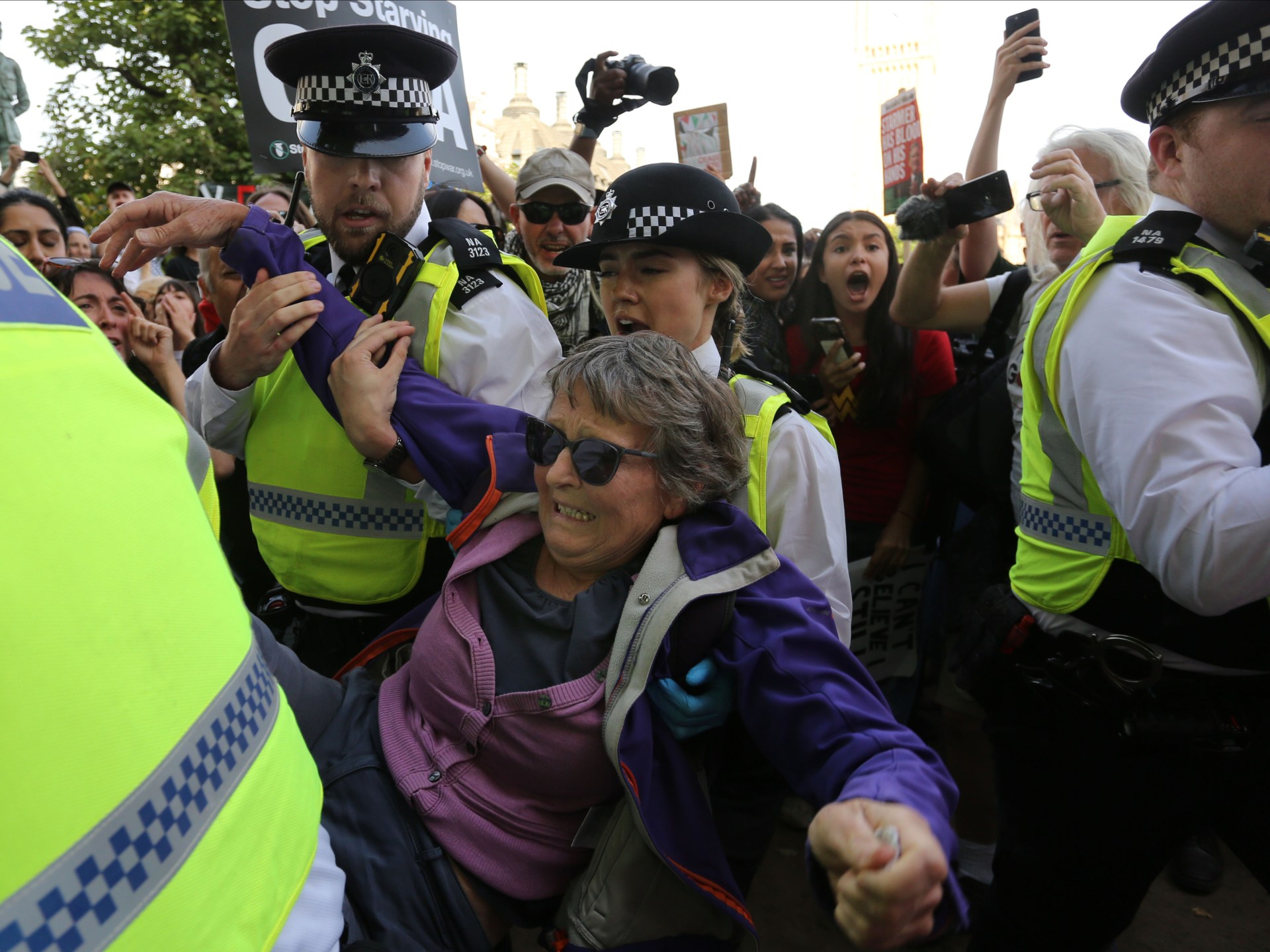Professor Nitasha Kaul, an academic specialising in politics and international relations at the University of Westminster, has been in the United Kingdom since she came to the University of Hull for postgraduate study in 1997. In the years since, she has published several books and more than 150 articles on topics like democracy, right-wing politics, Indian politics and Kashmir.
A British citizen, Kaul retained her connection to the country of her birth as an overseas citizen of India (OCI) until recently. The OCI is a special status granted to individuals of Indian origin who have acquired foreign citizenship. It grants them a multiple-entry, lifelong visa for visiting India, allowing them to travel and stay without restrictions. OCI status is held by more than 4 million people worldwide.
In May, Kaul’s OCI was summarily cancelled. OCI cancellation is allowed under Section 7D of the Citizenship Act 1955 in circumstances of (1) fraud, (2) “disaffection towards the Constitution of India”, (3) communication or trade with an enemy India is engaged with during a war, (4) imprisonment for more than two years or (4) if ‘it is necessary so to do in the interest of the sovereignty and integrity of India, the security of India, friendly relations of India with any foreign country, or in the interests of the general public’.
Although the government is not breaking the law, its actions raise serious legal and human rights concerns. Its actions often blur the line between lawful revocation and punitive censorship. The revocations frequently lack transparency and procedural fairness – thus risking violation of legal norms. Overall, this trend raises significant concerns about freedom of speech, proportionality and adherence to the rule of law. It should be noted that domestic courts are resisting government actions.
In Kaul’s case, she was informed that her OCI status had been revoked with an official notice saying she has been “found indulging in anti-India activities, motivated by malice and complete disregard for facts or history” without referring to any particular such incident. Kaul has been a strong advocate for democracy in India and has often criticised the government for its minority bashing and the right-wing Hindu organisation RSS for its divisive politics.
An examination of global democracy indicators shows that Kaul’s analysis disregards neither facts nor history. Freedom House’s global freedom index ranks India as “partly free” and describes how “the government led by Prime Minister Narendra Modi and the Hindu nationalist Bharatiya Janata Party (BJP) has presided over discriminatory policies and a rise in persecution affecting the Muslim population.” This trend can also be seen in relation to religious and press freedoms. Reporters Without Borders (RSF) said: “India’s media has fallen into an ‘unofficial state of emergency’ since Narendra Modi came to power in 2014.”
Kaul is not alone in facing retribution for her outspokenness. In the past nine years, the OCIs of more than 120 individuals have been cancelled by the Indian authorities. According to the independent Indian outlet The Wire, this is a trend that is ramping up.
Nearly half (57) were revoked in 2024 alone, and a further 15 were cancelled in the first five months of 2025. Most of those who have had their OCIs cancelled are journalists, activists and academics who have criticised the ruling party and challenged the rhetoric of Hindutva (Hindu nationalism).
In 2022, Ashok Swain, a Sweden-based academic, had his OCI cancelled over his social media posts. The authorities accused him of “hurting religious sentiments” and “destabilising the social fabric of India” but provided no specific evidence. Swain successfully challenged the cancellation in the Delhi High Court in 2023, an example of domestic courts resisting government actions.
In December 2023, Raphael Satter, a United States-based journalist for the Reuters news agency who covers cybersecurity, espionage and abuse of power, lost his OCI after critical reporting and is now suing the Indian government.
In recent years, India has witnessed relentless attacks on its democratic institutions. Those who criticise or question the ruling party – whether they are politicians, NGO representatives, campaigners, journalists or community leaders – have often been silenced.
Every week brings new reports of imprisonment, intimidation, physical assault, defamation or deplatforming of critics. This silencing has intensified particularly after India launched Operation Sindoor against Pakistan and Pakistan-administered Kashmir in response to an attack in Pahalgam in India-administered Kashmir that killed 26 tourists. In its aftermath, the government ordered X to block nearly 8,000 accounts, many of them belonging to journalists and media outlets, such as Free Press Kashmir, BBC Urdu and The Wire. As critical voices are being silenced at home, the Indian government is turning its attention to the country’s diaspora.
The Indian authorities’ weaponisation of immigration controls is part of a growing pattern, designed to create fear among diaspora members and stifle criticism.
A 2024 report by the RSF found that Indian authorities use the OCI to “effectively blackmail” journalists into silence.
A survey conducted last year by the Platform for Indian Democracy revealed that 54 percent of British Indians are concerned about India’s current trajectory.
From my interactions with members of our community, I can clearly see that many are reluctant to speak out about India’s violations of human rights, fearing it might stop them from travelling to India.
As British Indians – many among us OCI card holders – we must push back against these misuses of immigration controls. British Indians remain deeply connected to India through our families, friends, culture and community. The current treatment of diaspora members by the BJP and the curtailment of their freedoms goes against the values enshrined in India’s post-independence constitution, which guarantees justice, liberty, equality and fraternity.
The UK, despite being home to more than 2 million British Indians, recently concluded a significant trade deal with India without any reference to issues of democratic backsliding in the country. Given the UK’s unique relationship with India and the size and sentiments of its British Indian population, it is in a strong position to ask challenging questions of the current political regime. Silence serves only to strengthen the position of the BJP.
As Modi calls for Indians abroad to contribute to the country’s development, this must include the right to criticise and question without fear of retribution. If the increasing hostility and repression of those who challenge the Indian government continues, we will only be allowed to visit our homeland on the terms of the ruling party, and our ability to be part of India’s progress will diminish. The roots that connect the diaspora to home are key to India’s democratic fabric. Chipping away at them only leaves India’s democracy diminished.





